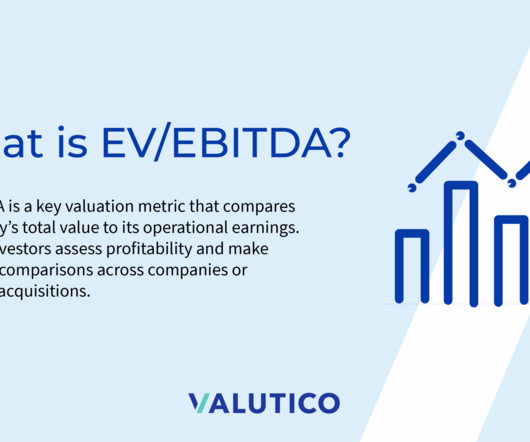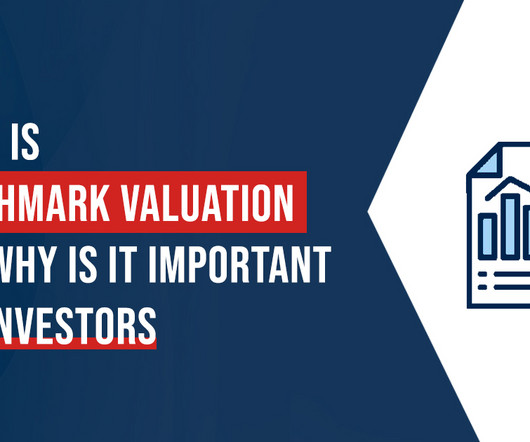Understanding Valuation Techniques in Mergers and Acquisitions
Sun Acquisitions
OCTOBER 13, 2023
Valuation techniques in M&A involve a comprehensive assessment of financial, operational, and market factors. Market-Based Valuation One widely used valuation technique in M&A is market-based valuation. Asset-Based Valuation Asset-based valuation determines the worth of a company by considering its net asset value (NAV).

















Let's personalize your content